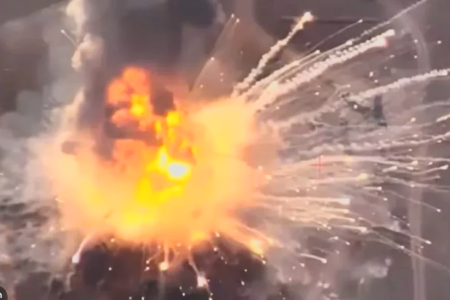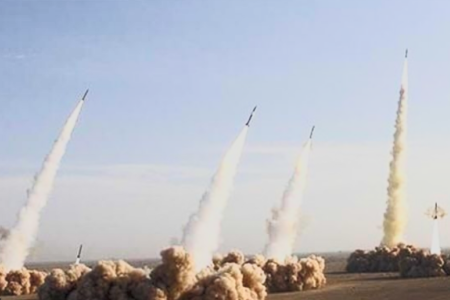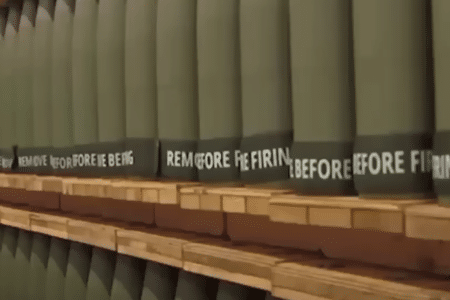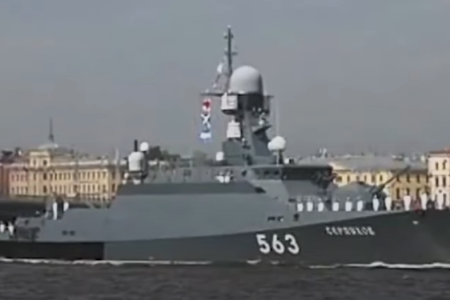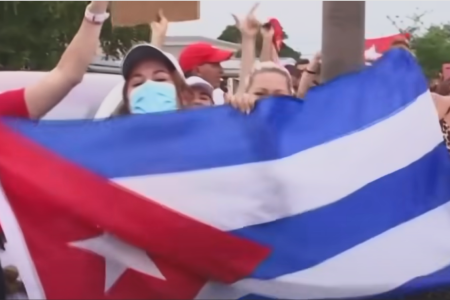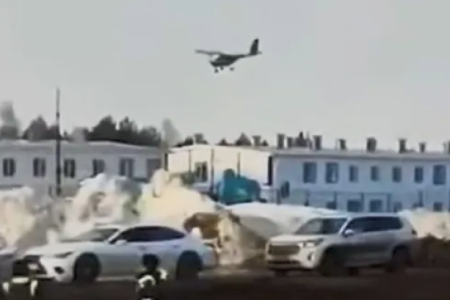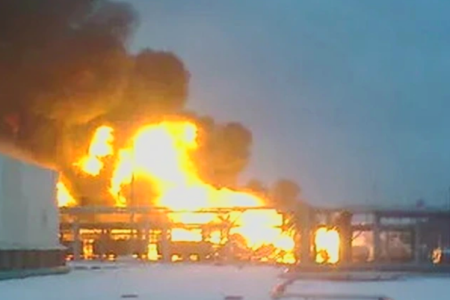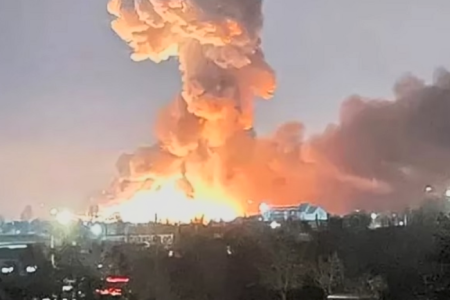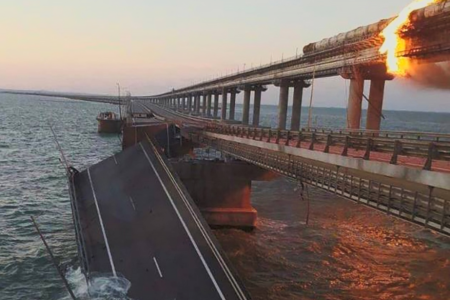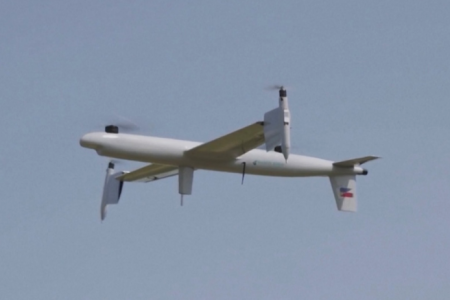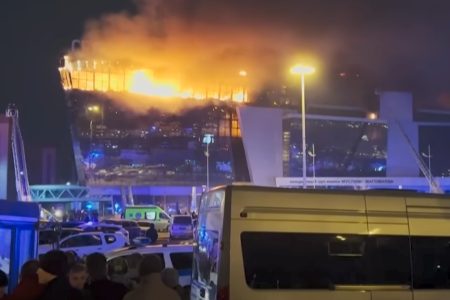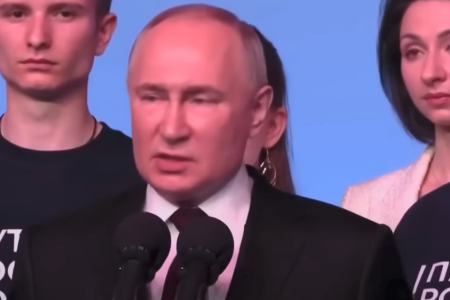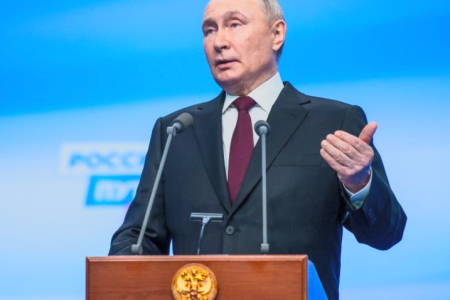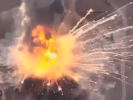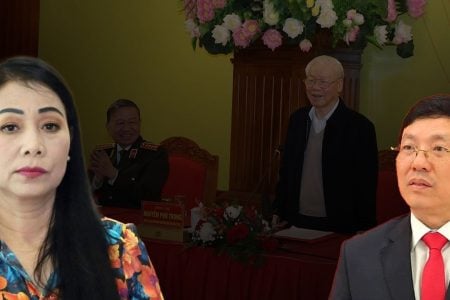
The democratic coalition quartet is strengthening under President Biden to counterbalance the rise of Chinese influence in the region and do Hanoi’s national security goals coincide with this quartet?
The first meeting of the heads of state of the US, Japan, Australia, and India, at a summit that Australian Prime Minister Scott Morrison called “historic” just took place this month, showed the Quartet as united stronger than ever, while the Indo-Pacific became the focus of the foreign strategy of the Joe Biden administration.
Following the 13th Congress of the Communist Party of Vietnam, Hanoi is expected to continue to strengthen strategic cooperation with major powers as part of its “multilateralization and diversification” foreign policy. Against this backdrop, the Quartet’s growing relationship – a Quadrilateral Security Dialogue in the Indo-Pacific region between the US, Japan, Australia, and India – is likely to benefit Vietnam, said Ph.D. Le Hong Hiep of the ISEAS-Yusof Ishak Institute of Southeast Asian Studies in Singapore.
According to Ph.D. Hiep, members of the Quad also see Vietnam as an increasingly important security partner, especially in the context of their growing strategic competition with China.
“From Hanoi’s point of view, the existence of the Quartet is desirable,” said Derek Grossman, a senior defense analyst at RAND Corporation, saying that the reason is that Vietnam always wants the disputes with China to be settled peacefully and through the UN Convention on the Law of the Sea (UNCLOS), which the Quartet “clearly supports.”
As Beijing has a “negative” view of the Quartet, Hanoi has never officially commented on the alliance, but according to researcher Grossman, at an online seminar hosted by ISEAS-Yusof Ishak Recently, Vietnam has a deeper and deeper attachment to group members because of its parallel interests amid an increasingly expanding China in the region.
Strategic engagement
The relationship between Vietnam and the US in all respects has continued to grow stronger in recent years and even in the security sector, which is considered sensitive. According to an expert on Vietnam’s foreign and defense policy, Grossman, the bilateral relationship between the two former enemies is “better than ever since the end of the war” and “is likely to continue like that.”
This is reflected in a recent comment by the US Ambassador to Hanoi, Daniel Kritenbrink, that the two countries almost have parallel interests in terms of regional security and stability. That explains why the Biden administration decided to consider Hanoi a major partner in the Indo-Pacific by naming Vietnam, and not as two US allies in the region, the Philippines and Thailand, in its new Interim Security Strategy Guide released earlier this month. The relationship between the US and Vietnam is “a comprehensive partner,” but according to analyst Grossman, in fact, operates at the “strategic” level.
Meanwhile, Australia is an increasingly important partner for Vietnam as both countries in the Pacific increase the partnership from comprehensive to strategic in 2018. Both Vietnam and Australia always affirm the desire to promote defense cooperation and maintain freedom of navigation in the spirit of UNCLOS.
“Hanoi seeks strong support in Canberra for their position in the South China Sea,” said researcher Grossman at the seminar on March 16. “The Vietnamese leaders hope that Australia’s support and the multilateral environment will curb China’s influence as well as force it to adhere to international and regional norms and practices.”
In response, in May 2019, Australia brought Vietnam into its regional maritime integration program when the two royal naval ships, HMAS Canberra and HMAS Newcastle, arrived at Cam Ranh port.
As for India, Vietnam is also maintaining a very strong partnership in many areas as both Asian countries share deep and frequent concerns about the geostrategic impact of China’s growing economic power and military strength. India, not Russia, is now Vietnam’s most trusted defense partner, said Grossman, who has a decade of defense intelligence experience.
Meanwhile, the relationship between Vietnam and Japan has become particularly deep since Prime Minister Shinzo Abe placed Hanoi at the center of the country’s “Southbound” policy to counterbalance the influence of China in the region.
India, an emerging and conflicting power with China on its borders recently, sees Vietnam as a focus of its “Act East” policy to derive strategic interests in the region. India has also raised its relationship with Vietnam to a Comprehensive Strategic Partnership, the highest level of relationship a country can have with Vietnam. Outside of India, only China and Russia have this highest level of relationship with the Southeast Asian nation.
Japan, the only country in the Quad so far only to name China on Beijing’s coercive actions at sea in a statement released last month, continues to have a comprehensive partnership and extensive to Vietnam under Prime Minister Suga Yoshihide, according to RAND Corporation analyst, Grossman. This is demonstrated by Prime Minister Yoshihide’s selection of Vietnam for his first overseas trip after taking office in October last year, and during this visit, the two sides signed 12 cooperation documents, including an agreement on defense equipment purchase and technology transfer.
The importance of Vietnam to Japan was also reflected in the “historic” visit of President Tran Dai Quang to Japan in May 2018 when Mr. Quang not only met then Prime Minister Abe but also was received by Emperor Akihito with a banquet, the highest honor a guest can receive while visiting Japan. Before that, Emperor Akihito and Empress Michiko also had their first visit to Vietnam and apologized for the actions of Japanese soldiers there during World War II, which according to analyst Grossman “is another sign that the relationship, though historically complex, (between Japan and Vietnam) is great and only getting better.”
In a nutshell, according to a researcher at RAND Corporation, Hanoi’s relationships with the four-member states of the Quartet, especially in the inherently sensitive sector are confrontational security cooperation with China, “Very durable and constantly evolving.”
The quartet “diamonds”
This democratic coalition actually started in 2004 when there were only three members, the US, Japan, and Australia, with the original goal of humanitarian assistance and disaster relief efforts, and that is not yet called the Quartet. It was only when Prime Minister Abe launched the initiative to add India to the coalition, which he called the “diamond of democracies,” in 2007 that the Quartet officially began. However, the alliance remained inactive for a decade until President Donald Trump made his first trip to Asia in November 2017 to attend the APEC Summit in Vietnam, and at that time the Members of the Quartet met quietly on the sidelines of the conference in Danang.
Until then, the Quartet did not have a real working mechanism and the question was whether the coalition of democracies shared common interests and concerns were only expressed through talks. Without this action going anywhere or not? That was what many people thought back in 2017, according to analyst Grossman.

Just before President Biden met with Prime Minister Yoshihide, Prime Minister Morrison, and Prime Minister Narendra Modi at the Quartet’s first head of state summit on March 12, a senior official was not named. “The Quartet will be central to the Biden Administration’s Indo-Pacific strategy” and that a mechanism has been shaped to do that, the Biden administration said.
“I think the Quartet is really very sustainable, especially under the Biden administration,” said Grossman. “And they are planning a follow-up meeting this year. Hence there will be the next summit of leaders and once so there will be more (other summits).”
The four heads of the US, Japan, Australia, and India pledged to “strengthen the cooperation” to “counter the dangers of both the Indo-Pacific and the outside” in a joint statement issued after the summit. March 12. The Quartet’s leaders are expected to meet face-to-face later this year.
In his first official press conference on May 27, President Biden said the coalition of the four democracies in the Quad was intended to “hold China accountable to obey the rules” even in the region East Sea or the East China Sea and many other fields.
In addition to maintaining freedom of navigation in East and South China, the Quartet’s other areas of cooperation will be global supply chains, rare earth supplies, vaccine diplomacy, and climate change.
The US is looking to take global supply chains out of China, while Japan seeks to reduce its dependence on China for rare earth. In the group’s joint statement, the Korean issue was also addressed through its commitment to denuclearize the peninsula under resolutions of the United Nations.
Will Vietnam participate?
Vietnam has not so far been invited to join the Quartet, as the quartet member states are democracies while Vietnam is a socialist dictatorship, according to analyst Grossman.
Besides, despite its strategic links with members of the Quartet, Vietnam is said to be cautious in publicly supporting this alliance because, according to observers, Hanoi does not want to do anything. Beijing can act “punish.”
Although Vietnam participated in the so-called “Open Quartet”’ group meetings last year, together with other “guests” New Zealand, South Korea, and a few other countries to discuss great domination. but this is a topic not directly related to China.
Vietnam’s “Four NO” defense policy is one of the reasons why so far nothing has been confirmed of Vietnam’s participation in the Quartet, said Grossman, adding this “Four Nos” principle is likely to be potential limitations in Vietnam’s relations with the four-power coalition.
Hanoi has always maintained the principle of “Three Nos” in its defense policy, which includes not joining a military alliance, not affiliated with one country against another, and not allowing foreign military bases or using Vietnamese territory against another country. The latest Vietnam National Defense White Paper released at the end of 2019 has upgraded this policy to “Four Nos” when adding the principle of “do not use force or threaten to use force in international relations.”
China is an “inevitable” partner of Vietnam and Hanoi will be cautious to find a way to balance cooperation with the US and other powers such as Japan, India, and Australia, with relations with the “giant” neighbor to the north is China. According to analyst Grossman, Beijing can punish if Hanoi “goes too far with the Quartet.”
Grossman commented that only when Vietnam reaches the point of breaking the “Four Nos” policy when China’s expansion in the South China Sea is similar to the case where the drilling rig into Vietnam’s exclusive economic zone last year 2014, at that time Hanoi could reconsider their relationship and become more connected with the Quartet.
Vietnam’s “Four Nos” defense policy also has the principle of “One Depend“, which says that “depending on the situation and specific conditions, Vietnam will consider developing national relations necessary and appropriate military defense with other countries.” However, according to Mr. Grossman, so far, despite concerns and conflicts with China at sea, Hanoi has not reached the point of breaking this “Four Nos” policy.
“Vietnam may be hesitant to work with the Quartet as a whole, but it is sure to put a lot of emphasis on bilateral cooperation with each member (in the group) to promote strategic cooperation,” said Grossman.
Answering VOA’s question about Vietnam’s possible contribution to the Quartet, Dr. Hiep, an analyst specializing in the analysis of Vietnam and regional issues, said that Hanoi could cooperate not only in the defense sector but also in other fields, such as rare earth because according to him, Vietnam has the second-largest reserve of rare earth in the world, most of which have not been exploited.
According to analyst Grossman, Vietnam can “continue to participate in the dialogue (of the Diamond Quadrilateral) and still play a role in the Quad, although it may never become a member of the group.”
Thoibao.de (Translated)




